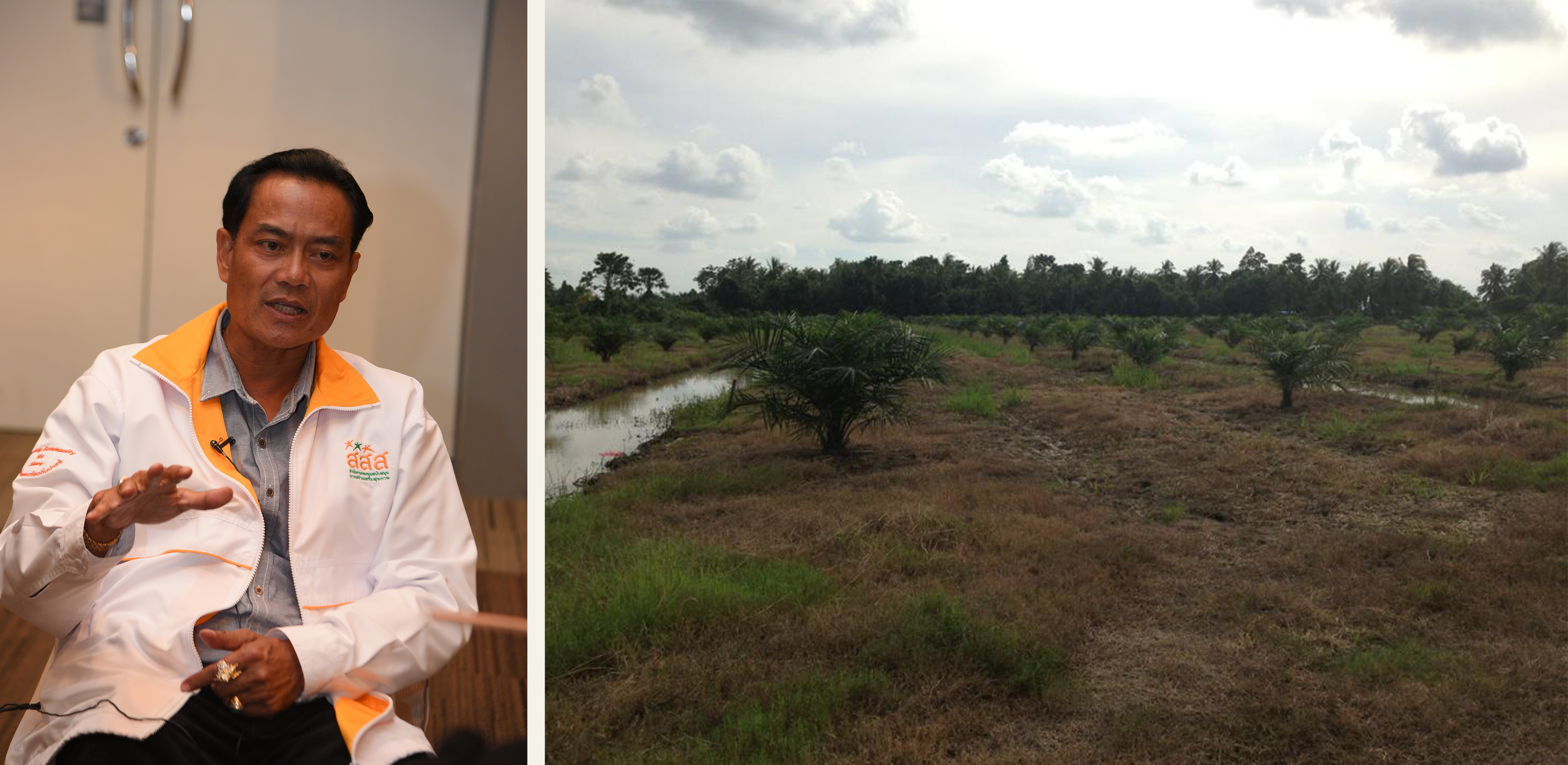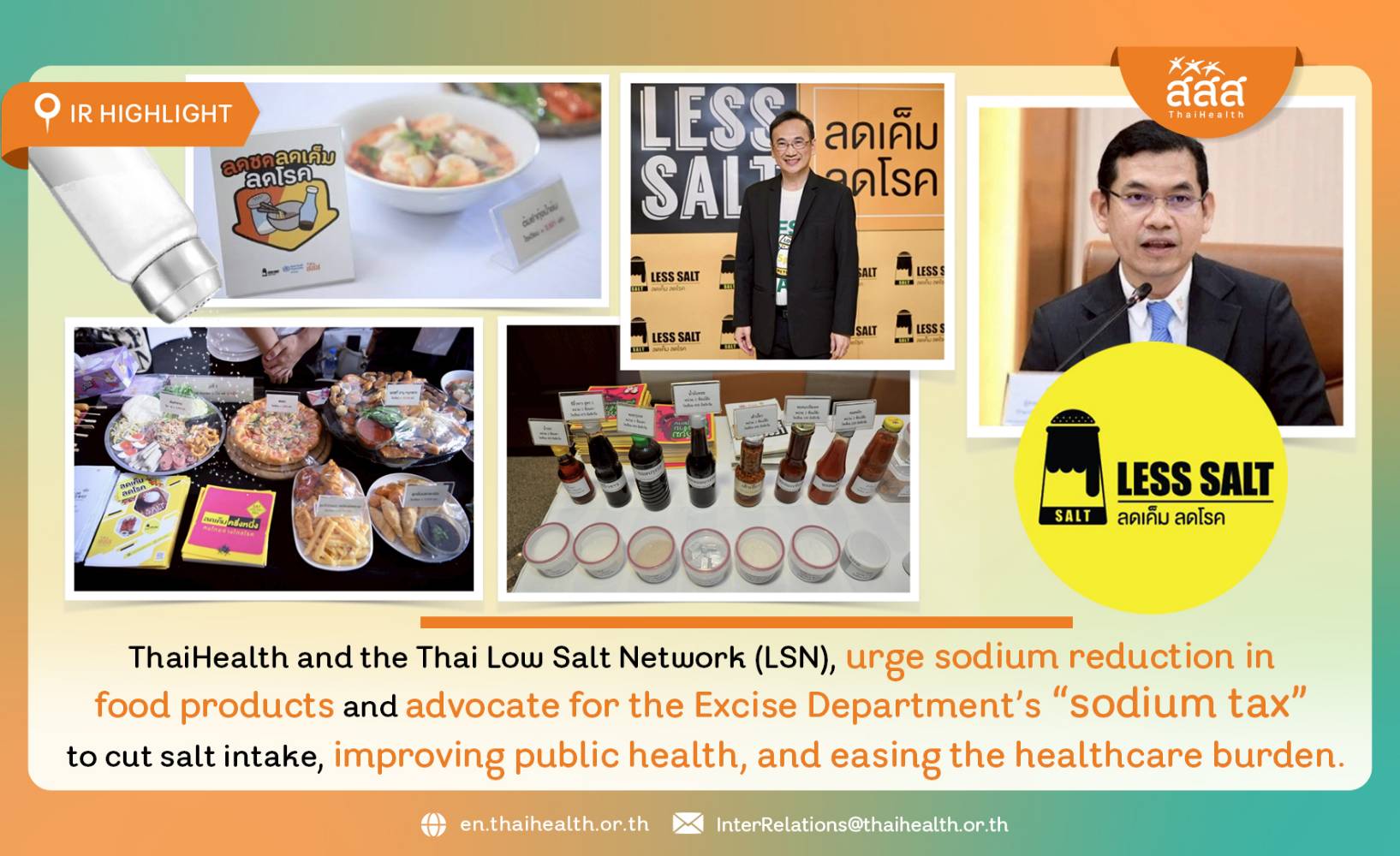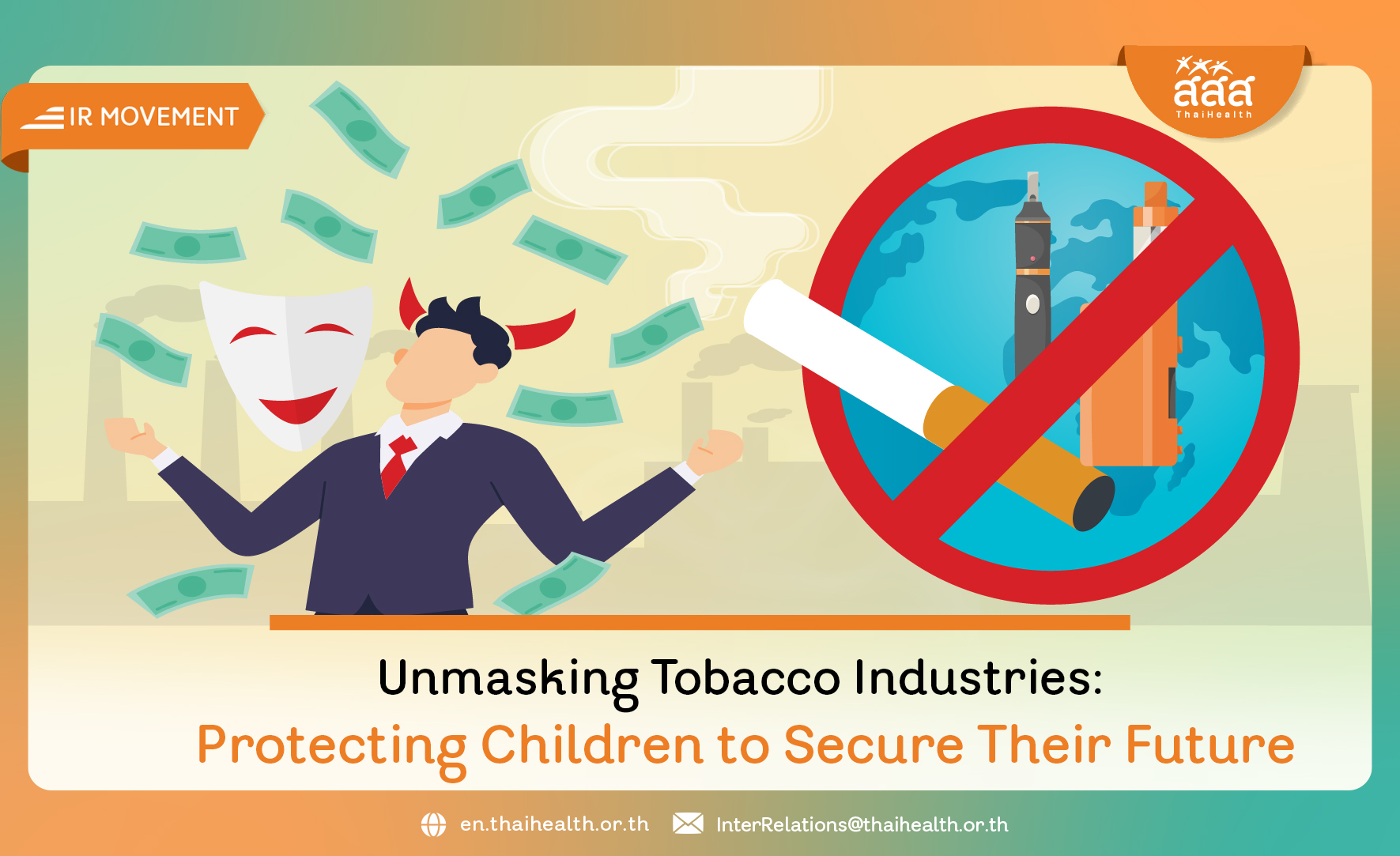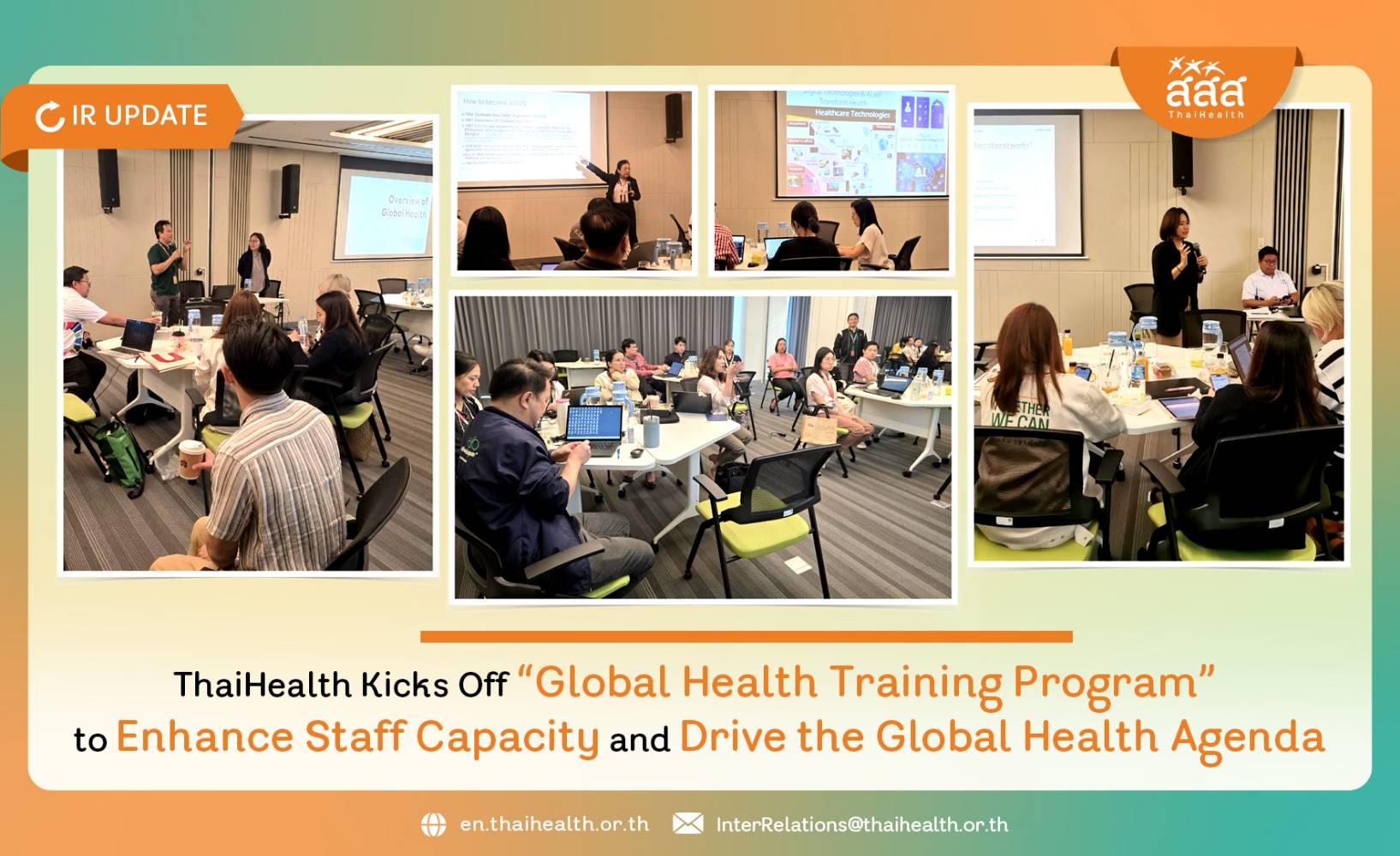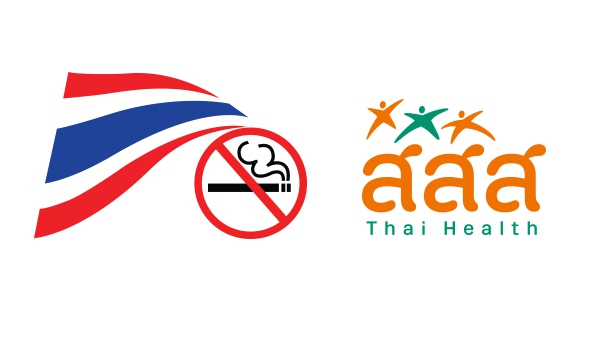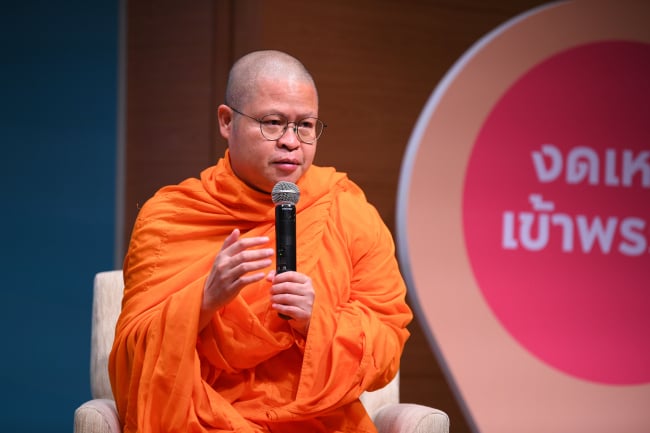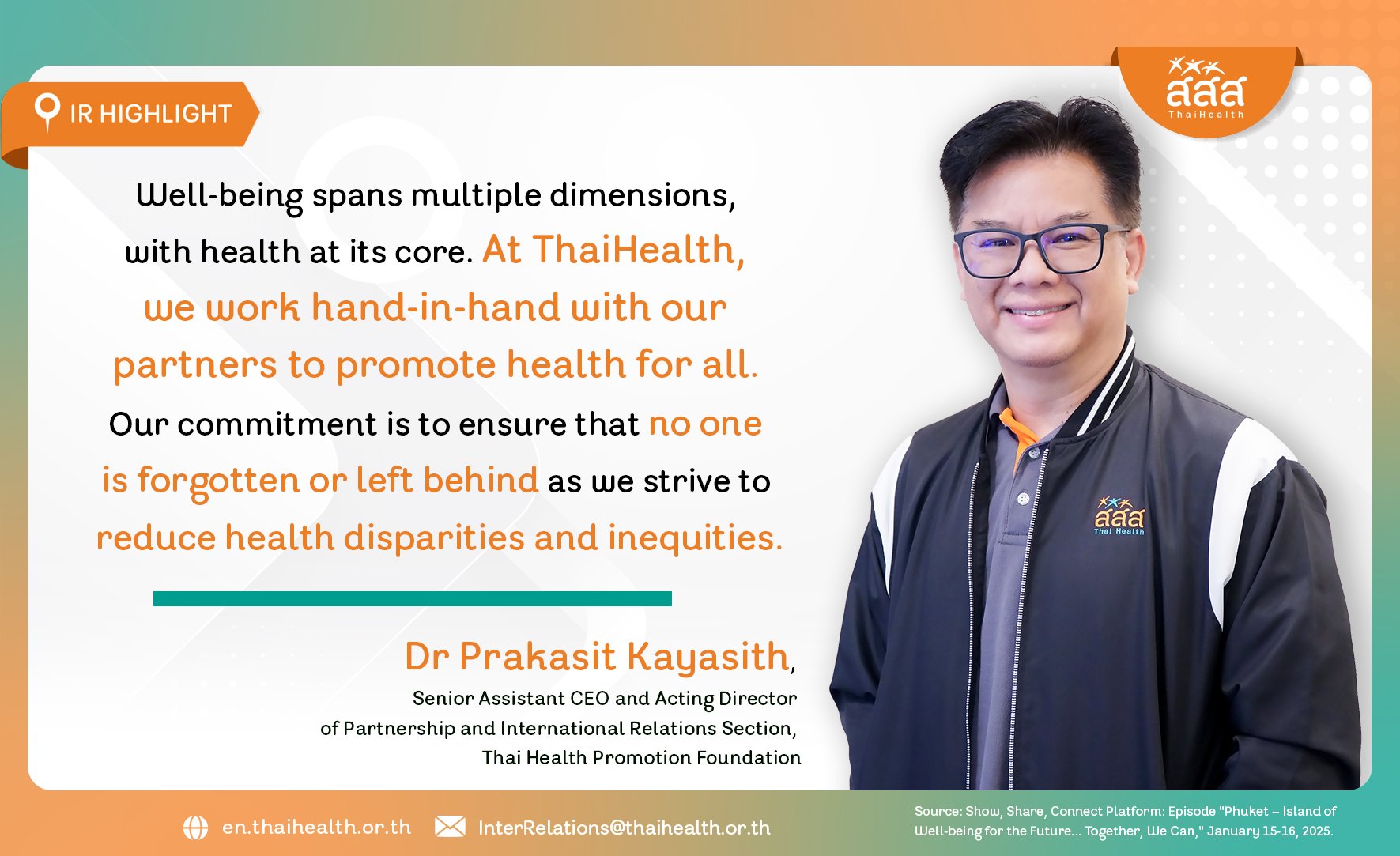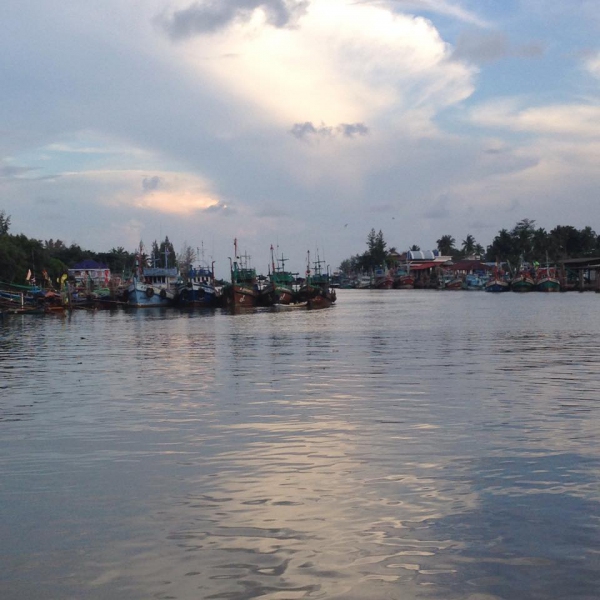
Khun Talae… A Good Example of Wasteless Community
Excessive waste is not an uncommon problem in Thailand. At Tambon Khun Talae, Nakhon Si Thammarat province, a member of the Healthy Community Strengthening Section’s network, is one of the wasteless communities with a successful story. The management of waste and pollution is an important issue stated in the agreement made between ThaiHealth and local administrative bodies. Besides, ThaiHealth was also stepping forward in six aspects of health: traffic accident- and alcohol-free community, health development for child and youth, waste and pollution management, agricultural drive for community food, elderly caring development system, and cigarette-free community.
The management of waste and pollution is a big problem seen not only in dense towns but in every community. If there was no appropriate waste management, an environmental problem would emerge, and would in turn affect health and livelihood of the people in community.
Speaking about waste and pollution management, Mr Somporn Chaibangyang, president of the 3rd project management board, said that the promotion of well-being is a necessary issue for each community to discuss and take action. There’s a question about why the waste management is not successful in most community. The answer is that most people are still believing that the waste management is the task of the local administrative body. But in reality, we should instill the idea in each community and promote as much public participation as possible. The public participation would help reduce the cost of operation and would alleviate the rising problems of excess waste in the community. The municipality of Khun Talae in Lan Ska district of Nakhon Si Thammarat is one of the examples as the waste and pollution management in area has been proven successful.
Mr Sophon Phromkaew, Mayor of Khun Talae municipality, said that the municipality of Khun Talae was an agricultural community comprising 12 villages and 14 communities. People there once had the habit of abandoning their rubbish – mostly plastic bottles, glass bottles of alcoholic and energy drinks – in front of their houses. In response of that particular problem, the municipality governing board came up with a campaign to rid of excess rubbish in the area and the campaign continued for 6 to 7 years, thanks to continous support of ThaiHealth.
He also added that the municipality of Khun Talae was not a high-density town with the capability to manage their own waste. The move to make the area free of rubbish lorries and rubbish bins began with educating the people through wire broadcasting network, by enforcing “rubbish patrol” to prevent littering, including by setting up a group of local youngsters to promote in the area the safe waste separation and management. Furthermore, the municipality also set up three self-administered “Rubbish Banks” in the area.
After continuous run, the municipality grew more protective of their community with productive ideas about community waste management and problem-solving. This can be seen from their being eyes and ears, informing the officials when they see misplaced rubbish, making money out of their rubbish banks, and reprocessing rubbish into organic fertilizers for use in their farming. Finally, this has all become a good means of reducing operation cost both for the households and for the municipality.
“The municipality of Khun Talae is now a model community ready to set off to educate their peers in the network about how to manage waste in communities without rubbish bins and rubbish lorries. However, this cannot be successfully done by just one person or just a group of people, everybody in the community must join hands to make it really happen. Communication is an essence for this endeavour to create awareness among villagers and adjust their mindset. The last thing is to wait for the public participation,” said the mayor.
Apart from community participation, the public consciousness is an important part to bring everybody in the community a good health and sustainable happiness.
